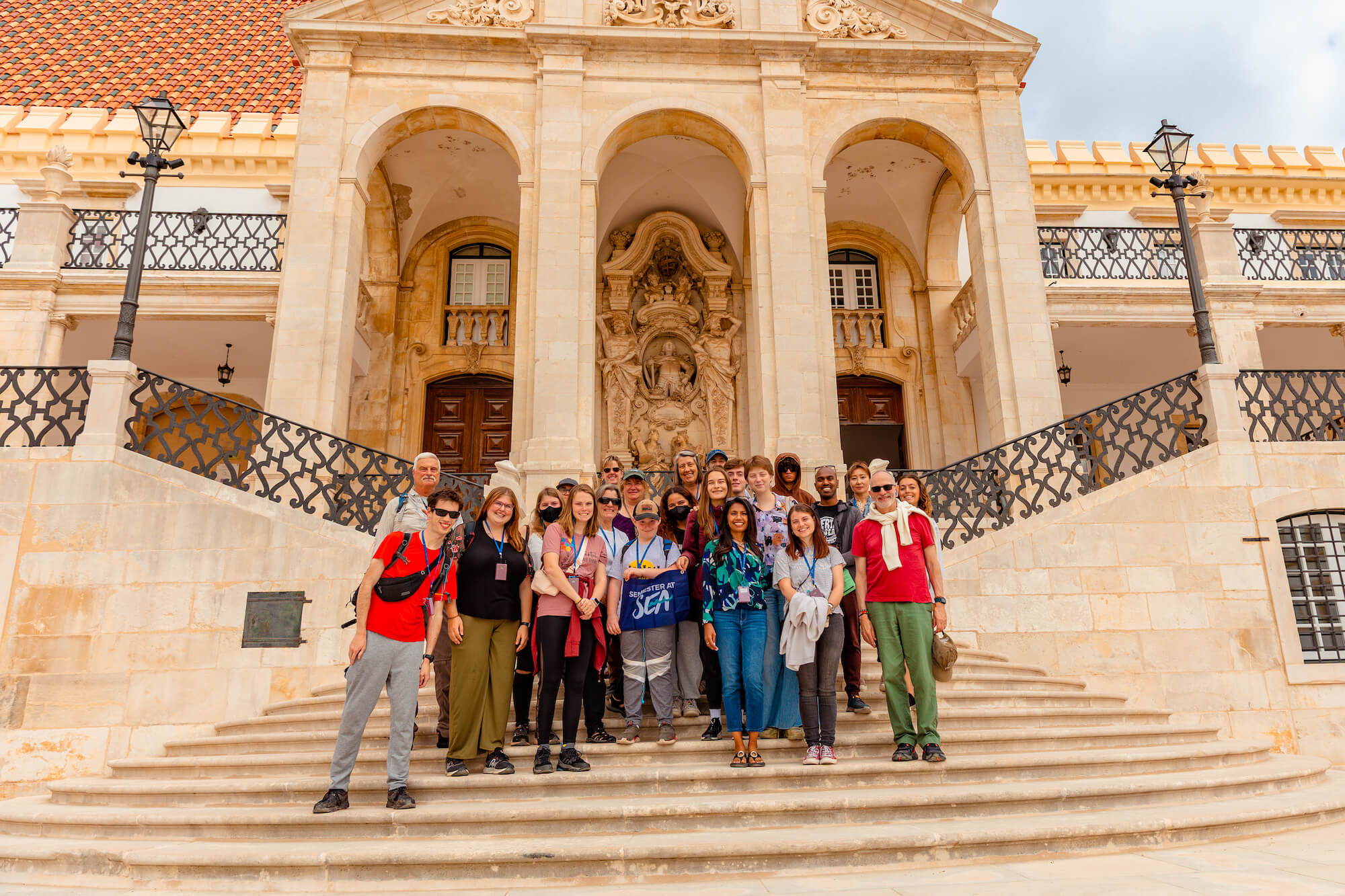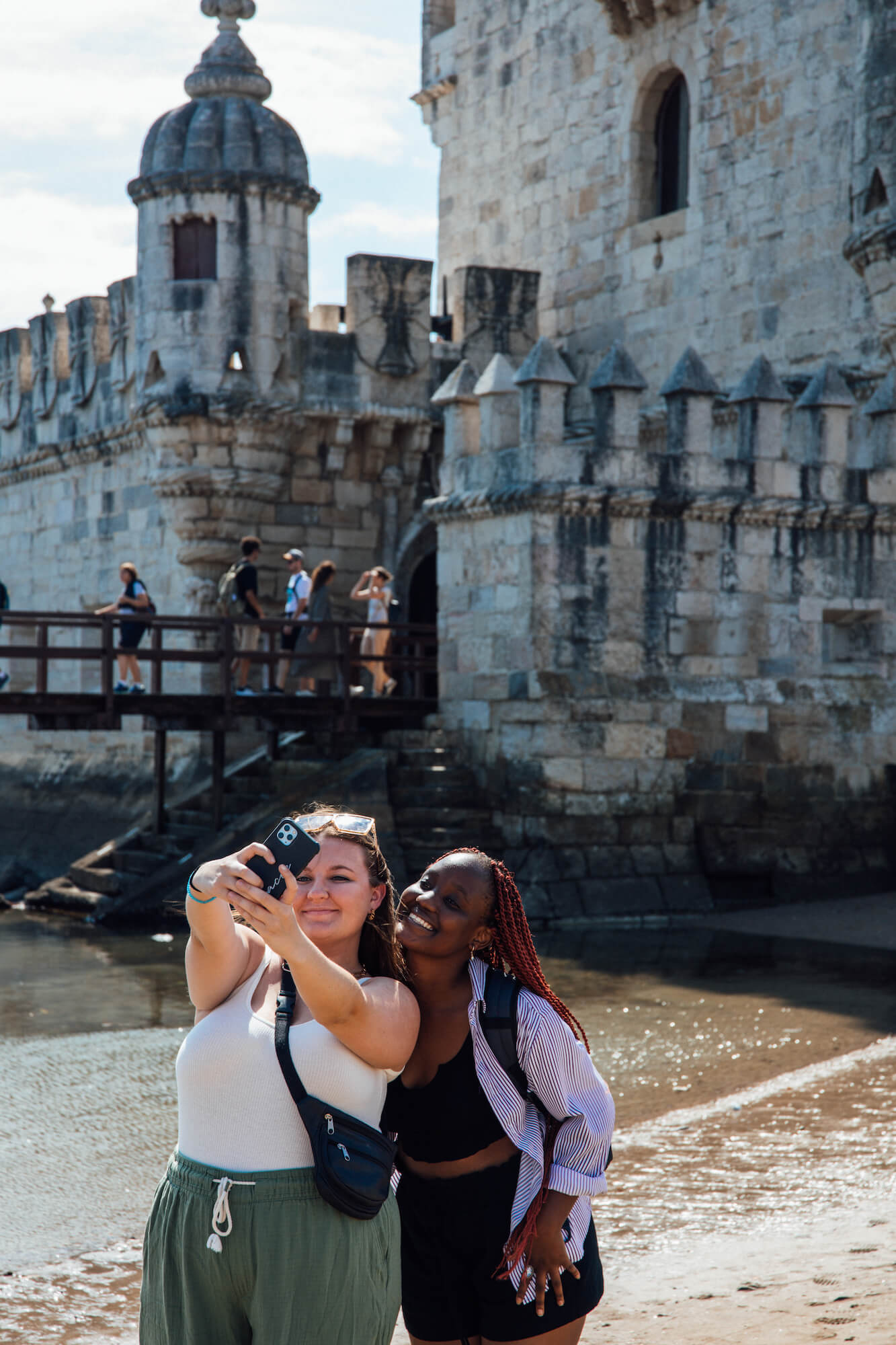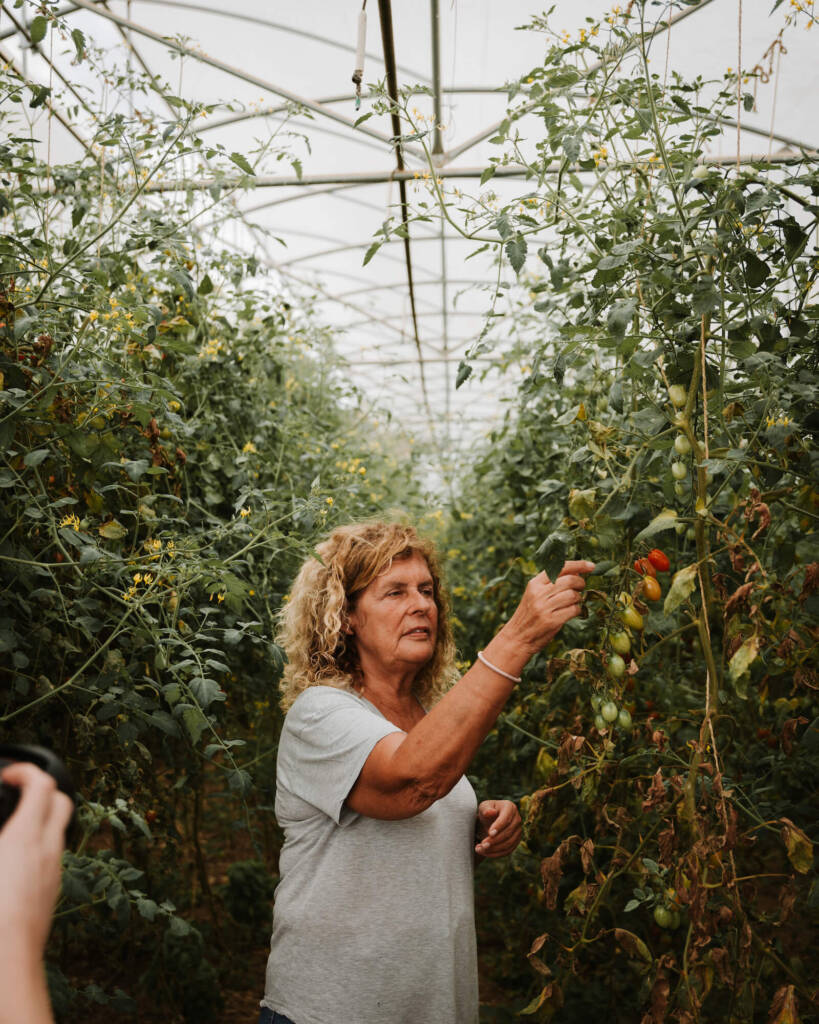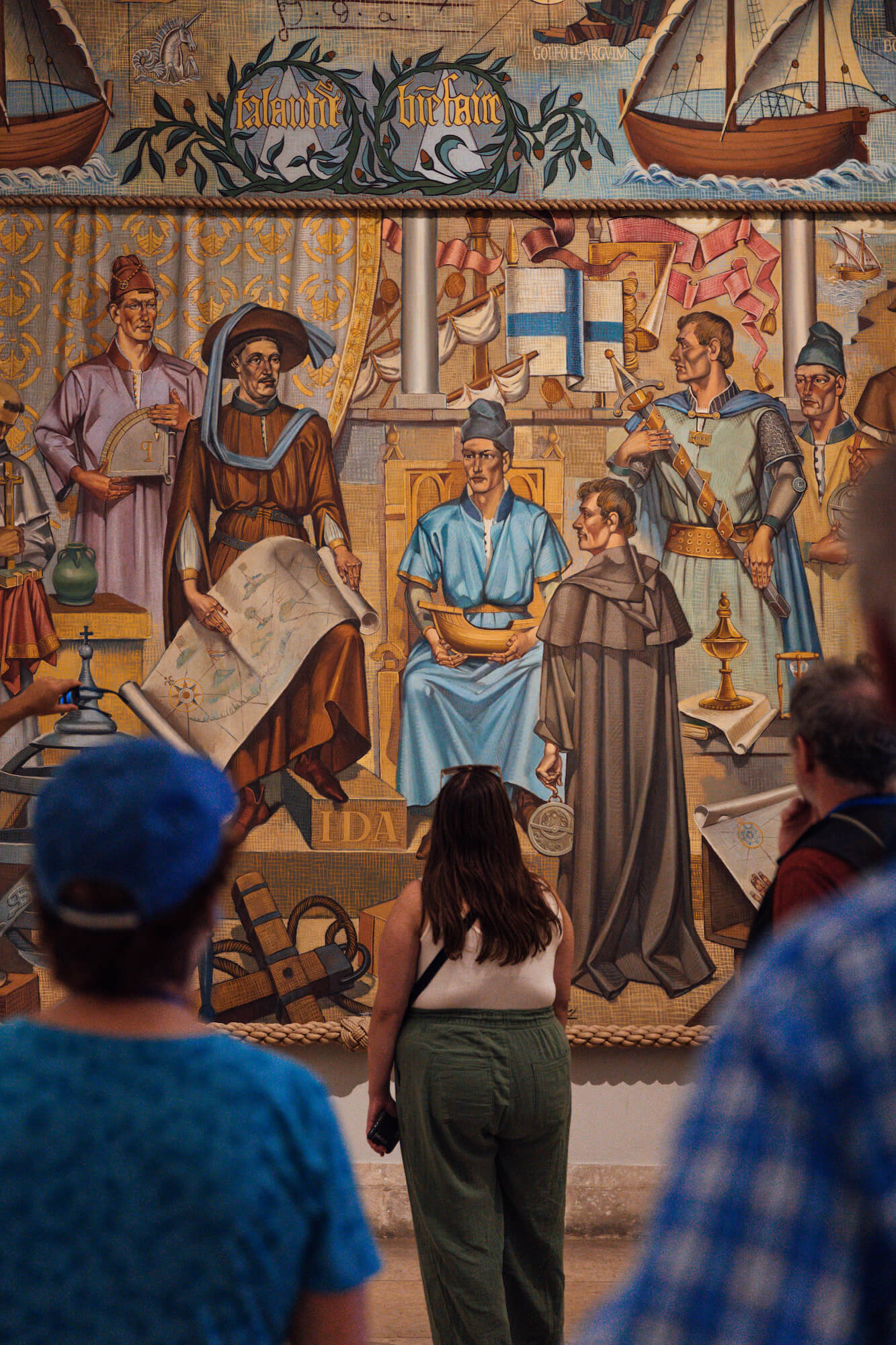Study Abroad Destination
Portugal
Natural and man-made beauty at every turn.
Time Travel by the Sea
Portugal is an energetic and vibrant country with a centuries-long history. Semester at Sea voyagers experience Portugal’s past and present through intersecting academic pursuits — from studying the mathematics of Moorish architecture to learning about the history of (and sampling) ocean-based Portuguese cuisine.

Portugal Overview
Why Portugal?

Nestled between Spain and the Atlantic Ocean, Portugal has a unique culture largely influenced by its maritime history and close relationship with the sea.
A substantial amount of infrastructure remains from as far back as the 1500s, giving visitors the feeling that they’re stepping back in time. Semester at Sea voyagers are routinely dazzled by Portugal’s:
- Gorgeous historic and modern architecture
- Lively street market culture
- Delicious ocean-inspired cuisine
- Fascinating history as a commercial empire
The in-country excursions provided by SAS staff and local guides are a chance to take in a wide range of attractions without needing to personally handle logistics.
Semester at Sea
Portugal Experience
Semester at Sea ports of call in Portugal include Lisbon and Oporto. Field Program options include:
- Exploring the city by tuk-tuk to see the world-famous street art
- Taking a Portuguese cooking class
- Kayaking on an overnight trip to southern Portugal
- Photographing the picturesque historic city districts
Each Semester at Sea stop in Portugal lasts only a few days, but there’s a good chance you’ll add it to your list of future travel destinations.

Portugal
Voyager Travel Tips

Travel Tips for Portuguese Ports of Call
Every destination and port of call is unique, and each carries its own set of circumstances and expectations for travelers. Our top priority is the health and safety of our voyagers — we want all program participants to be as informed as possible so they can enjoy each port experience to the fullest.
Please be advised that the tips below provide a general overview of travel considerations, and are not intended to dissuade voyagers from experiencing this unforgettable destination.
Taxis and ride share services are reliable and readily available. Public transportation is inexpensive and reliable, with both buses and trains available for local or regional travel.
Voyagers are required to carry their Ship ID at all times. Passports are only needed if staying overnight in a hotel, exchanging money at a bank, or flying to another city.
Portugal is a temperate, year-round travel destination, meaning the weather never gets too hot, cold, or stormy. Along the coast, expect mild and clear weather during the day, cool to chilly air at night, and the possibility of rain, especially during the autumn and winter months.
Portugal has some of the lowest wages in Europe, but the cost of living is comparatively high. Tips can make a big difference to people’s quality of life. It is customary to tip 10–20% for quality service at bars, restaurants, and cafés; €1–2 per night for housekeeping; and between €5–20 for tour guides, depending on the length of the tour. Guides who provide free walking tours make their money exclusively from tips; €5 or €10 per tour is appropriate. Tips are included on Field Programs & Classes.
Portugal has a relatively low rate of crime, but non-violent street crime does happen in popular tourist and beachfront areas. Petty theft and other crimes of opportunity (e.g., vehicle break-ins, pickpocketing, bag snatching) occur frequently in the major cities and in/around tourist locations.
While tap water is generally safe for human consumption, you may want to rely on bottled water.
Cell phones are the main mode of communication between SAS voyagers and staff.
All voyagers receive contact information for local police, fire, ambulance, medical emergency services, and the U.S. embassy and consulate.